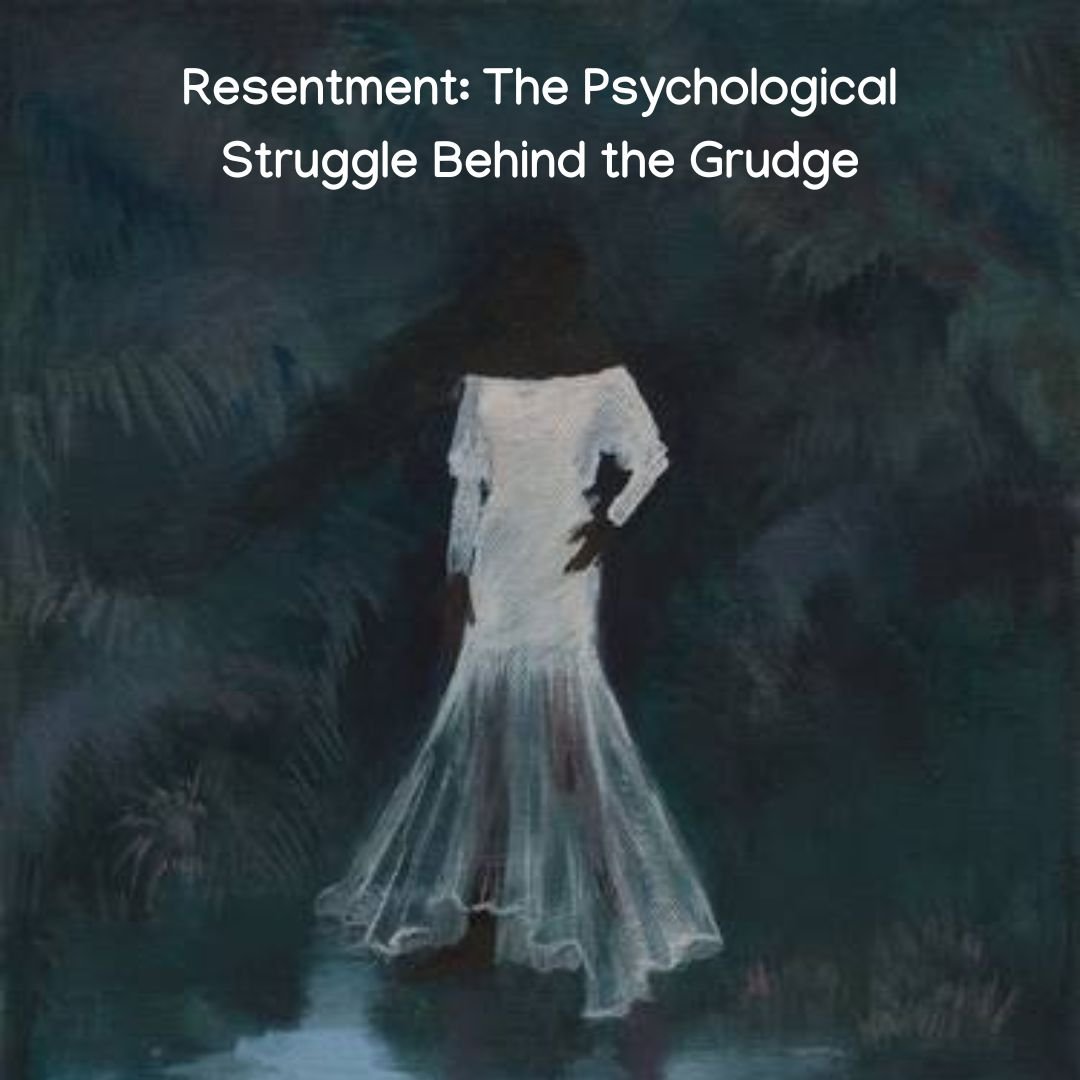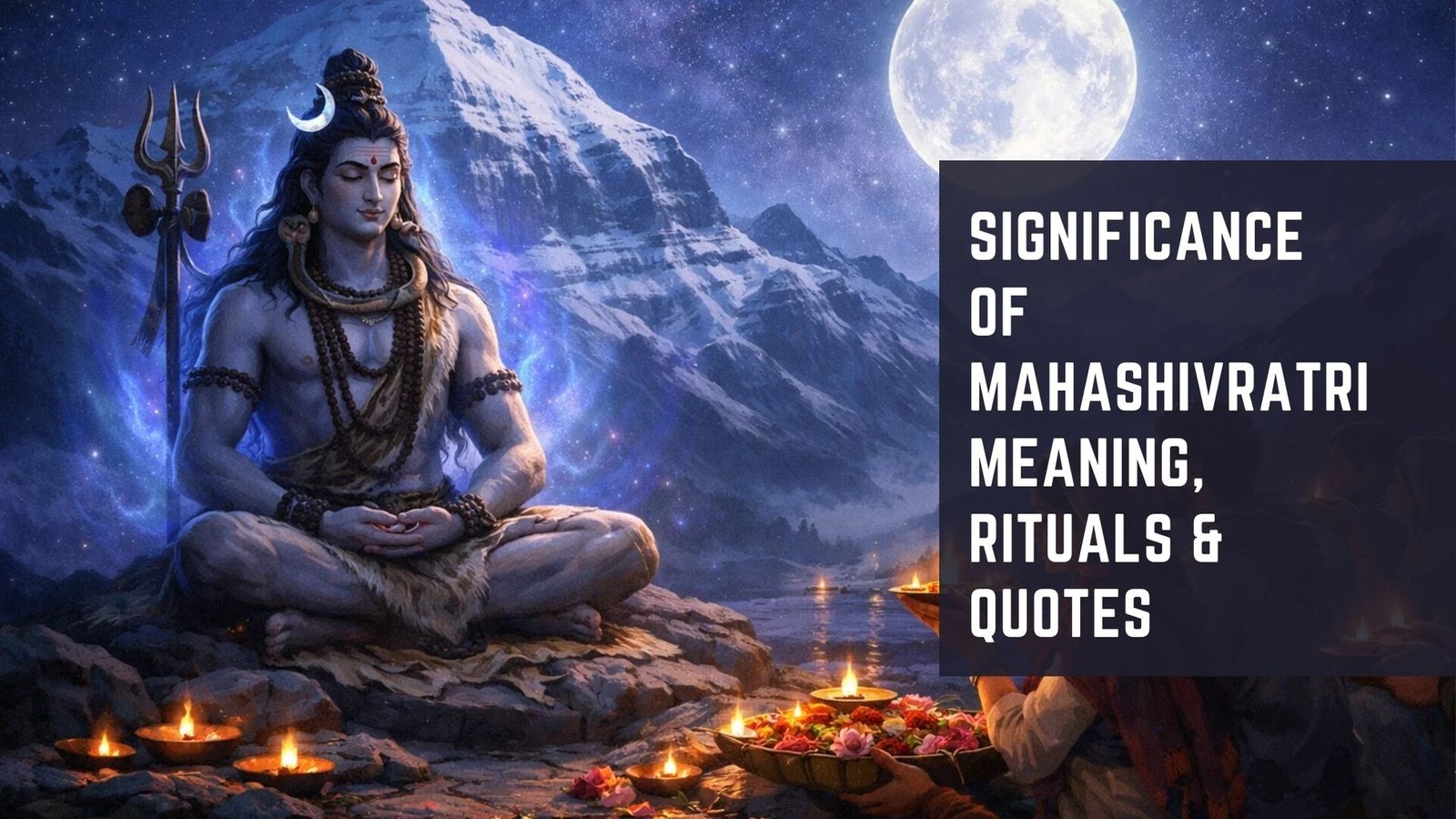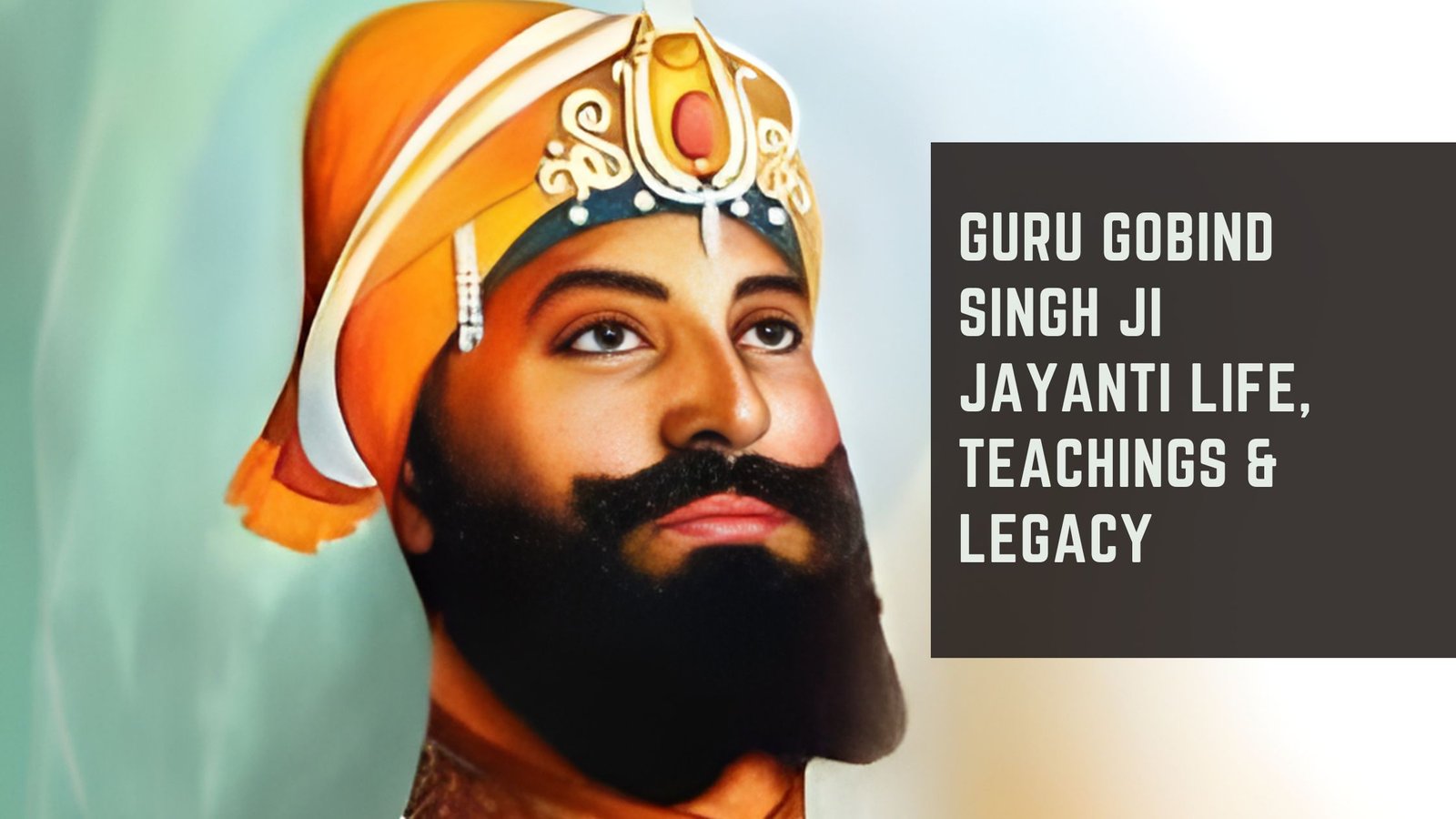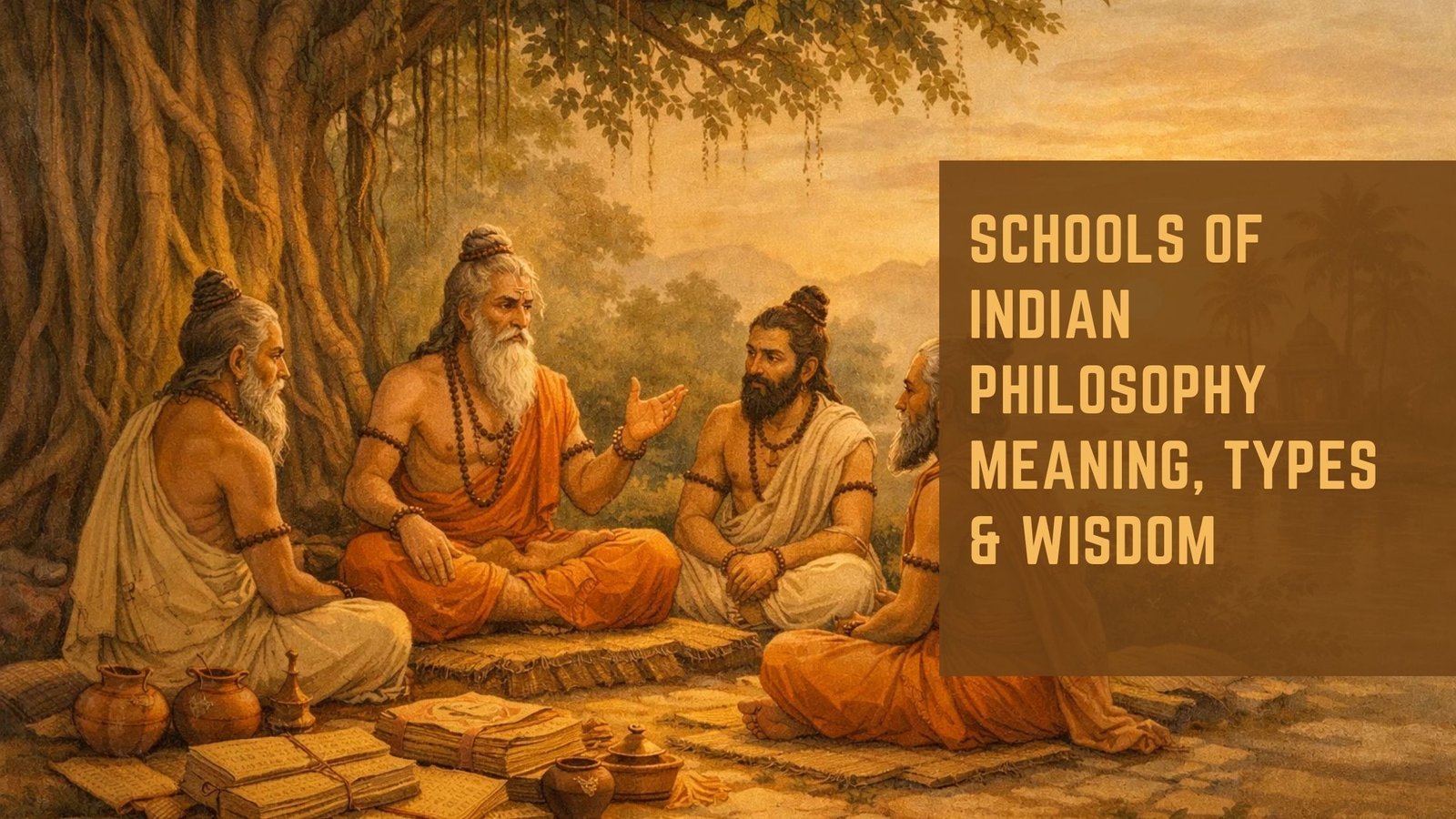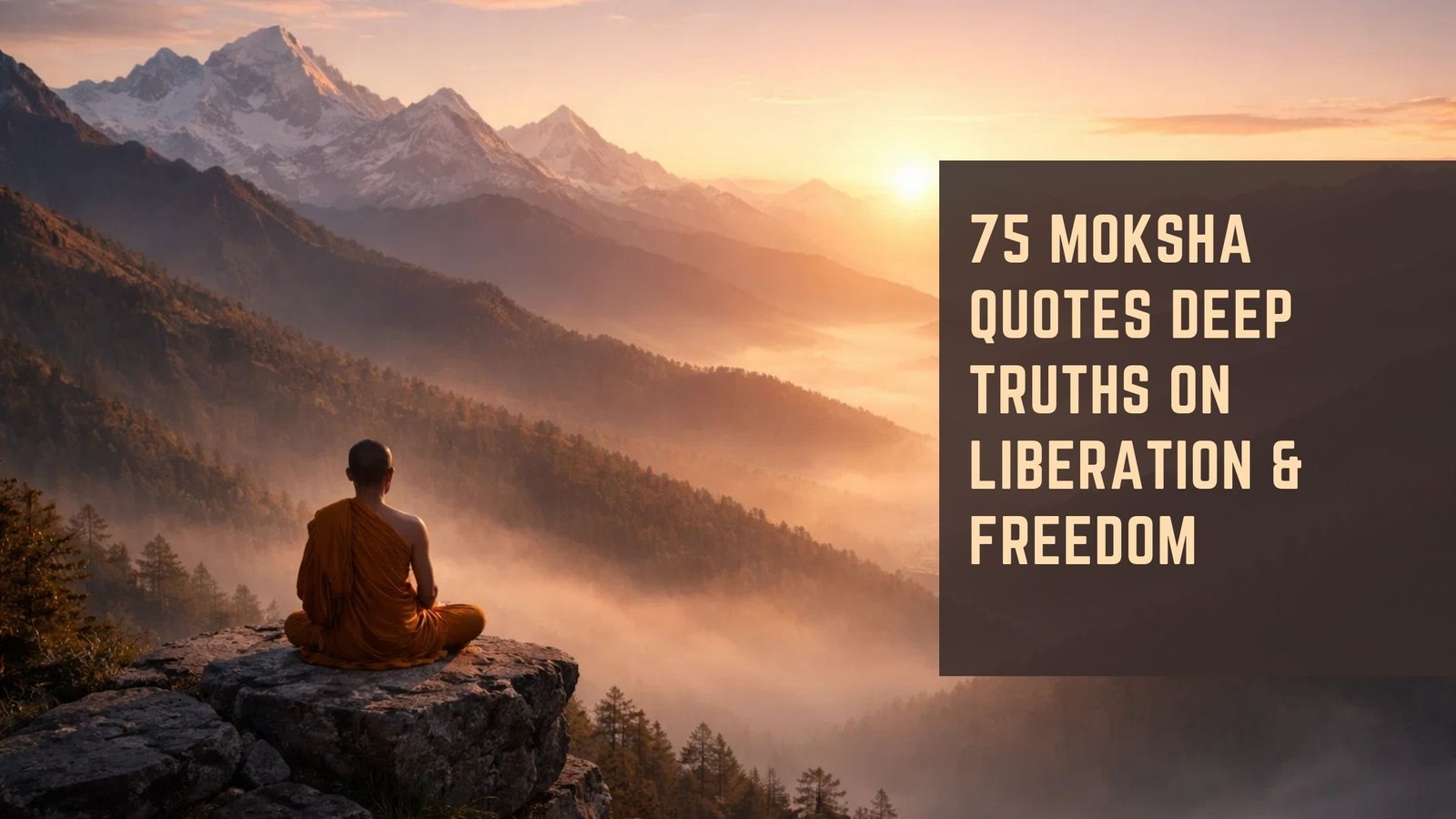Resentment—a quiet emotion, yet thunderous in its effect. It is one of the most complex and enduring feelings in the human emotional spectrum. Unlike the momentary flare of anger or the temporary sting of sadness, it can root itself deeply into the heart, shadowing joy, poisoning relationships, and distorting perception.
In this blog, we will journey through the intricate web of this emotion, exploring its origins, psychological impact, spiritual perspective, and most importantly—how to heal from it. Because to understand it is to take the first step toward emotional liberation.
Table of Contents
🌪️ What is Resentment?
Resentment is defined as a persistent feeling of ill will or anger toward someone due to a perceived wrong, insult, or injustice. Unlike sudden bursts of rage, resentment builds up slowly—layer by layer, memory by memory, unspoken by unspoken.
It is not the thunder of a storm but the slow erosion caused by silent winds. It often hides behind politeness, sarcasm, or emotional withdrawal. People live with resentment for years without even naming it.
“Resentment is the silent assassin of relationships and peace.”
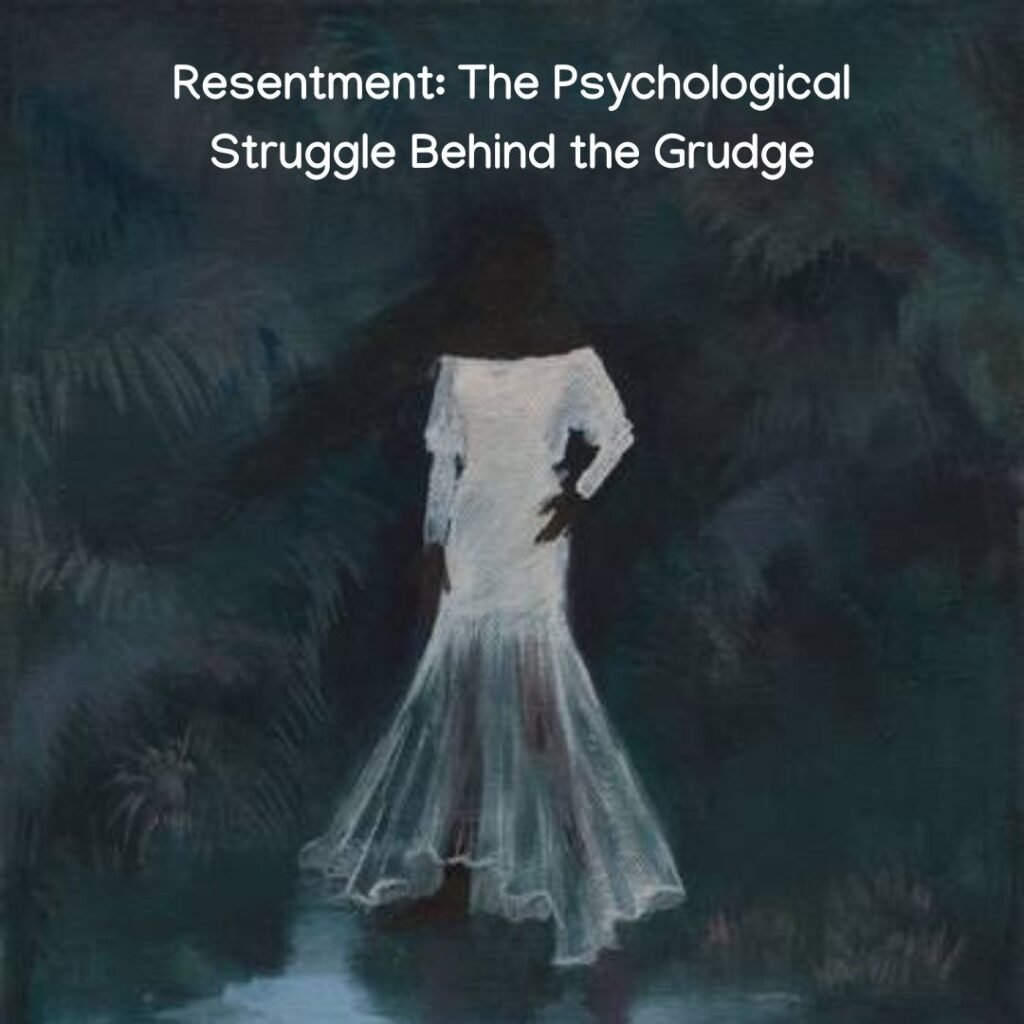
🧠 The Psychology of Holding Grudges
From a psychological lens, this emotion is tied to our basic human need for fairness, justice, and emotional reciprocity. When these needs are violated—by betrayal, neglect, dishonesty, or inequality—it takes birth.
The mind, in trying to protect itself, creates narratives:
- “They didn’t care.”
- “I deserved better.”
- “They never apologized.”
These stories then become belief systems that reinforce the emotional pain. The longer it stays, the deeper it embeds into our personality.
“Resentment is like re-watching the same painful scene in your mind, expecting the ending to change.”
🔥 The Difference Between Anger and Lingering Pain
Many confuse long-term bitterness with anger. But while anger is explosive and overt, long-term bitterness is subtle and insidious. Anger demands action. Lingering pain just simmers—unchallenged and unexpressed.
Anger can lead to resolution. Lingering hurt leads to corrosion—of emotions, relationships, and trust.
“Anger is a momentary fire. Lingering pain is slow-burning coal that scars you with time.”
🧳 The Burden of Unexpressed Pain
Unspoken pain is the breeding ground of resentment. When we suppress our emotions—whether due to fear, guilt, or shame—we allow resentment to silently grow within us.
This pain can originate from:
- Childhood neglect
- Broken friendships
- Romantic betrayal
- Workplace injustice
- Parental favoritism
Each incident becomes a stone in the backpack of emotional strain that we carry every day.
“Holding onto emotional wounds is like carrying a grudge in your heart, while the other person travels light.”
🧍♂️ Emotional Conflict in Relationships
Relationships are the prime ground for emotional fallout. When one partner feels unheard, unsupported, or taken for granted, bitterness begins to sprout. If left unresolved, it becomes a wall that intimacy cannot cross.
Common causes:
- Lack of appreciation
- Unequal effort
- Poor communication
- Emotional absence
If tension is not addressed, love slowly turns into obligation, and warmth into cold distance.
“In the garden of love, emotional baggage is the weed that chokes every flower.”

🪞 Self-Identity and Hidden Emotions
What we dislike in others often reflects what we cannot accept in ourselves. Grudges sometimes mask envy, insecurity, or unhealed wounds. It is easier to project the pain outward than to face it inward.
When we say “I resent them for their success,” are we actually saying “I feel inadequate or overlooked?” This introspection helps in deconstructing our emotions and understanding their true origin.
“The things that trigger our bitterness reveal the parts of us still waiting for healing.”
⚖️ Social Injustice and Collective Emotions
On a larger scale, unresolved hurt also fuels social movements. When communities feel marginalized, ignored, or oppressed, anger becomes a catalyst for collective voice and change. However, unchanneled emotion can also lead to hatred, division, and violence.
Thus, awareness and action must go hand-in-hand. Strong emotions can ignite change, but they must be tempered with wisdom and compassion.
“Collective pain, if guided by vision, becomes revolution. If blinded by hate, becomes destruction.”
🌌 The Spiritual View of Lingering Emotional Pain
All major spiritual traditions caution against the corrosive nature of emotional grudges.
- Buddhism teaches detachment from painful emotions to attain inner peace.
- Hinduism urges the practice of ksama (forgiveness) as a way to dissolve karmic knots.
- Christianity calls upon believers to “forgive those who trespass against us.”
- Sikhism highlights daya (compassion) and shanti (peace) to rise above emotional bondage.
“Emotional bitterness is a prison, and forgiveness is the key.”
— Bhagavad Gita Inspired Teaching
📜 Signs of Lingering Emotional Pain
Ask yourself:
- Do you replay past hurts in your mind?
- Do you avoid certain people with unresolved tension?
- Do you feel bitter when others are happy?
- Do you struggle to forgive, even when you want to?
If the answer is yes, you may be living with unhealed wounds.
“When your heart clenches at someone’s name, the wound is still alive.“
🕊️ Steps to Release Emotional Baggage and Heal
Letting go is not forgetting what happened—it’s choosing not to be tied to it anymore. Healing is a journey, not a one-time decision.
1. Acknowledge the Pain
Say it. Feel it. Accept it. Don’t bury it.
2. Express It Safely
Through journaling, therapy, prayer, or art—give yourself a voice without violence.
3. Seek Understanding, Not Revenge
Try to see the bigger picture. What shaped their actions?
4. Choose Forgiveness
Forgiveness is not weakness. It is choosing peace over poison.
5. Cut Energetic Ties
Sometimes walking away is the healthiest way forward.
“Forgiveness doesn’t change the past. It changes your future.”
🧘♀️ Meditation and Mindfulness to Heal
Mindfulness allows us to observe our emotions without becoming them. Meditation helps us breathe through pain rather than react from it. These practices create inner spaciousness where pain can dissolve.
“Sit with your emotional hurt long enough and it begins to whisper truths your ego resists.”
💬 Real-Life Stories of Emotional Recovery
- An estranged father and son reconnect after years of silence, when the son confronts his feelings in therapy and writes a letter.
- A friend betrayed in college finally lets go of her bitterness after realizing she was holding herself hostage with memories.
- An employee let go unfairly heals his hurt by starting a new business, finding purpose in freedom.
“Every healed emotional wound became a lesson. Every released grudge, a teacher.”
🛤️ Final Thoughts: Emotions Are a Detour from Your Destiny
You were not born to carry the weight of past hurts. You were born to love, live, and evolve. Pain may feel justified, but it offers no true peace. Your soul is not meant for bitterness. Your heart was made for freedom.
Let go—not because they deserve peace—but because you do.
“To forgive is to set a prisoner free and discover the prisoner was you.”
💬 Discover Modern Relevance from the Gita — Your journey to self-mastery begins here.
